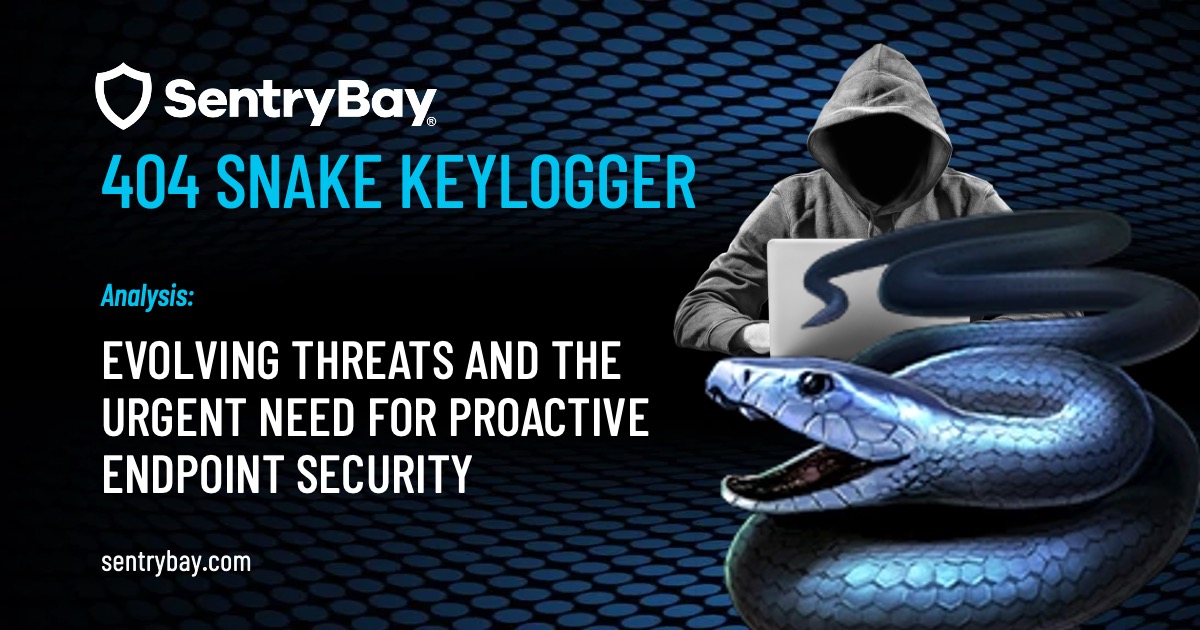
Cyber Threat Radar – The rapid adoption of artificial intelligence (AI) across industries has introduced new security risks, as highlighted by the recent DeepSeek data breach.
Chinese AI startup DeepSeek left over a million sensitive records exposed due to an unsecured ClickHouse database, raising concerns about cybersecurity practices within AI-driven enterprises.
While DeepSeek quickly secured the database within an hour of being alerted, the incident underscores the growing data protection challenges that accompany AI advancements. As global regulators investigate, the breach serves as a cautionary tale for organizations integrating AI technologies.
How the DeepSeek Data Leak Happened
The breach was discovered by Wiz Research, a New York-based cybersecurity firm, which found that DeepSeek had inadvertently left its ClickHouse database unprotected online. This misconfiguration granted unrestricted access to critical information, including:
- Over a million log entries from DeepSeek’s AI assistant
- Chat histories and user interactions
- Backend operational details
- API keys and software credentials
- Plaintext passwords and admin access
Notably, the database lacked authentication mechanisms, allowing anyone with the right knowledge to access and extract sensitive data. Wiz’s Chief Technology Officer Ami Luttwak emphasized the ease of finding the exposed information, suggesting that DeepSeek may not be the only organization unknowingly affected by such vulnerabilities.
Timeline of Events
- January 29, 2024 – Wiz Research discovers the exposed database and alerts DeepSeek.
- Same Day – DeepSeek secures the database, limiting further risks.
- Ongoing – Investigations into the impact of the breach continue, with regulatory scrutiny intensifying.
DeepSeek Breach: Regulatory and Global Scrutiny Intensifies
The breach has attracted significant international attention, particularly from governments and regulators concerned about data security in AI firms.
- The U.S. National Security Council (NSC) is reviewing whether DeepSeek’s data handling poses national security risks.
- Italy’s data protection authority, Garante, has launched an inquiry, demanding clarity on data collection, storage, and legal compliance.
- Ireland’s Data Protection Commission (DPC) is investigating how DeepSeek processes EU citizen data, signaling potential GDPR violations.
This heightened scrutiny reflects broader concerns about China’s AI dominance and the risks posed by AI-driven data collection. DeepSeek’s recent success in overtaking OpenAI’s ChatGPT on Apple’s App Store in the U.S. has only fueled anxieties over security risks associated with non-Western AI platforms.
Security Lapses Could Slow AI Adoption
DeepSeek’s breach highlights a broader trend in AI development—startups are prioritizing rapid scaling over foundational cybersecurity protections. Many AI firms focus on futuristic threats like adversarial AI, while basic security misconfigurations remain the most immediate and preventable risks.
Cybersecurity experts warn that AI firms must adopt proactive security measures, including:
- Data encryption to protect sensitive information at rest and in transit
- Authentication controls to prevent unauthorized access
- Regular security audits to detect vulnerabilities before attackers do
Without robust cyber hygiene, AI-driven platforms risk becoming prime targets for cybercriminals seeking to exploit their massive data repositories.
What’s Next for AI Security?
With AI adoption accelerating, governments and regulatory bodies are expected to increase compliance mandates for AI firms handling large volumes of user data. The DeepSeek breach may serve as a turning point, pushing the AI industry toward stricter security frameworks and greater transparency.
Enterprises evaluating third-party AI solutions should prioritize security diligence alongside performance metrics. AI governance must be built on a foundation of strong cybersecurity protections, ensuring that models operate without exposing sensitive data to risk.
The Role of Endpoint Protection in AI Security
In response to these risks, many AI-driven companies are doubling down on endpoint isolation protection to secure access points and mitigate unauthorized data exposure. Solutions such as SentryBay’s Armored Client provide a critical security layer, protecting against:
- Keylogging attacks that steal sensitive login credentials
- Screen capture exploits that expose confidential information
- Malicious injections targeting AI environments
As AI security threats continue to evolve, businesses must invest in endpoint protection to safeguard both user data and internal AI models from exfiltration and manipulation.
The DeepSeek breach should serve as a wake-up call—AI without security is a liability, and organizations must act now to secure their growing AI ecosystems.



